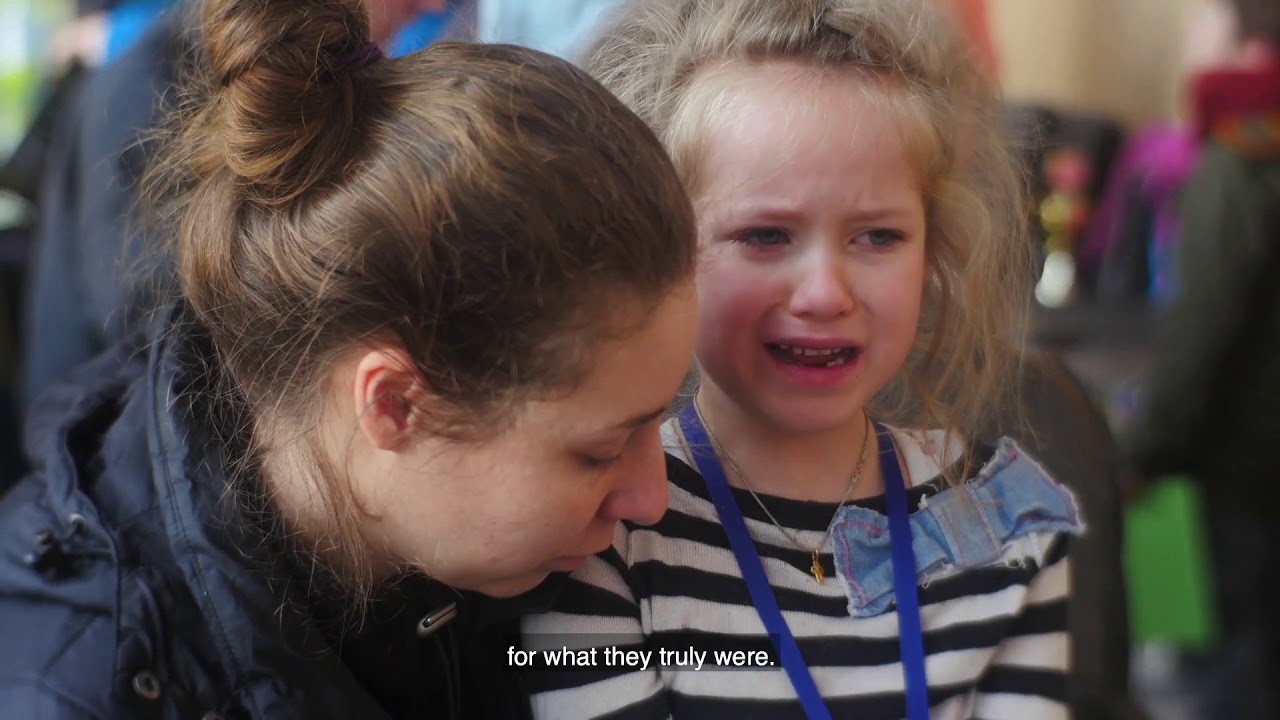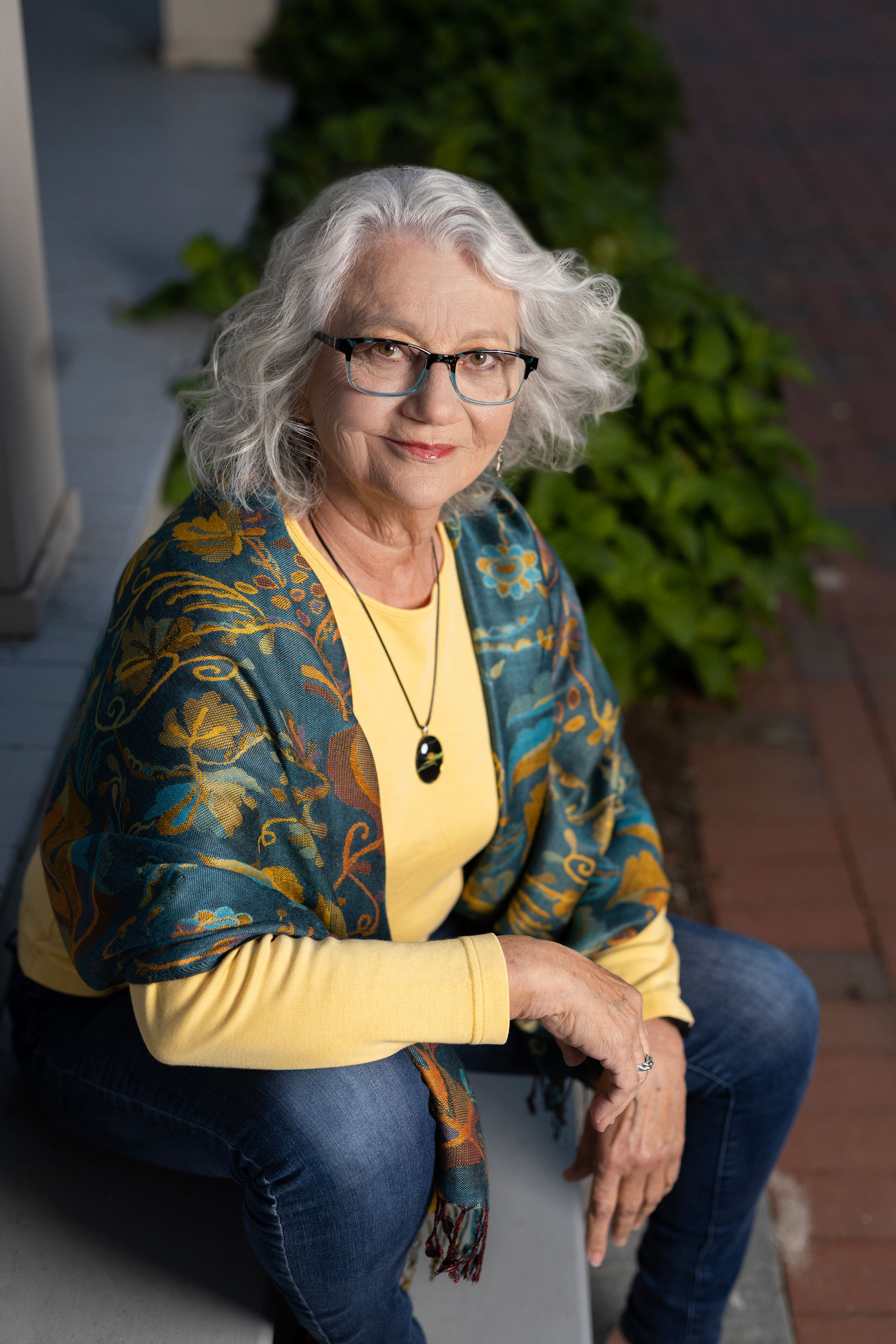Sequel Challenge
 Here’s a surprise: I’ve started writing the sequel to Children in the City of Czars. That sounds crazy and I agree 100%. But when the story started rolling out of my head, I knew I had to hold on to the Muse as she floated by, or I might lose her.
Here’s a surprise: I’ve started writing the sequel to Children in the City of Czars. That sounds crazy and I agree 100%. But when the story started rolling out of my head, I knew I had to hold on to the Muse as she floated by, or I might lose her.
Elizabeth Gilbert wrote a good bit about the Muse in Big Magic, Creative Living Beyond Fear. Funny, it wasn’t that many weeks ago that I wrote about Gilbert in a different vein, when she delayed the publication of her Russian book which, at the time, felt like it might impact mine. But talking about the reality of a Muse, I’m right with her. One of the anecdotes she shares in the book is how she had an idea for a novel, but when she started to develop it, life interfered and she abandoned it. Later, she learned that another writer had independently pursued a very similar concept and had successfully written and published a book on that topic. Hence, she reasoned that the creative impetus (the Muse) could be imagined as a literal entity, and it is up to us to actively engage with that creativity and not let fear or procrastination hinder our process.
So, here I am, less than three weeks away from the release of Children in the City of Czars, and I am sitting at my desk, churning out words and story for Swan Out of Water: A Lebedev Orphan Novel which leaps forward ten years and follows little Irina’s life in the United States.
There were several reasons I opted to do a sequel. In the first place, when I wrote the initial draft of the Lebedev story, written as a talisman for those months and months we were in the adoption process for my daughter from St. Petersburg, the dang book was nearly six hundred pages long. No way would anyone publish such a tome as a first-time author. That was sixteen years ago. I just didn’t have the experience to either reduce the book by 250,000 words or divide the manuscript into two books. I am so grateful for the instructors, workshops, and fellow authors who helped me become a more confident writer.
In the end, I learned how to divide the book and create two story arcs, with the first book focused on Fedya and Elena and the planned sequel on Irina. But there was a second reason I discovered that Irina would be a good way to capture some of the difficulties that adopted children often face when adopted out of country or culture. So many times, people assume that these adoptees should be altogether “grateful” and cannot understand how there might be issues of abandonment, betrayal, grief, and unresolved trauma.
When a child comes of an age to figure out that despite how much he/she appreciates the family who “saved” them and even loved them, there is also the family that did not.


